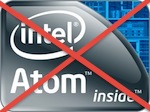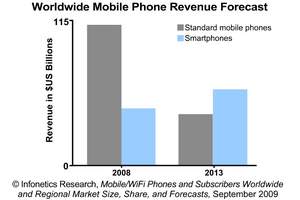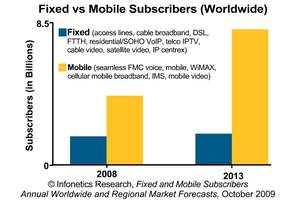Road Radar for Traffic Flow
Posted by Sam Churchill on November 20th, 2009 New York City has acquired radar detection units for some 200 intersections in four different boroughs. It’s part of a NYC Transportation Department traffic coordination program using centralized computer control to improve traffic flow.
New York City has acquired radar detection units for some 200 intersections in four different boroughs. It’s part of a NYC Transportation Department traffic coordination program using centralized computer control to improve traffic flow.
The Remote Traffic Microwave Sensor supplied byImaging Sensing Systems, detects and measures roadway traffic.
According to the company Web site, the G4 system is a small roadside pole-mounted radar, operating in the microwave band. It provides per-lane presence as well as volume, occupancy, speed and classification information for up to 12 user-defined detection zones, simultaneously.
A single RTMS can replace multiple inductive loop detectors and the attendant controller and provide enforcement of speed and red-light violations. It operates at high resolution in the 24 GHz band with radio modems offered as built-in option in either 900 MHz or 2400 MHz bands. Wide Area Traffic Event Reporting software provides real-time traffic measurement and data collection over a wide area.
Typically, every 30 to 300 seconds, a message containing the volume, occupancy, average speed and classification by length data in each detection zone is transmitted and/or collected in the sensor memory from the device, which draws less than 5 watts and can be solar-powered.
In other news, the town of Tiburon will be the first community in the Bay Area, and perhaps the country, to line its borders with the license plate reading cameras. Plates will be compared to databases of stolen or wanted cars, with matches triggering an immediate alert to local officers.
The license plate data will be kept for 30 days and then erased. It will not be available to the public. Officers can mine the data only in connection with crimes, according to the local police, and the program will keep a record of exactly what information police exam. The project is expected to cost from $137,000 to $197,000.









